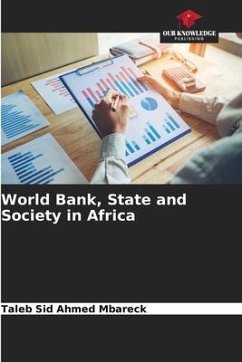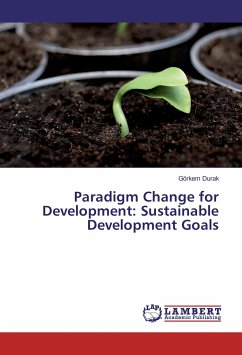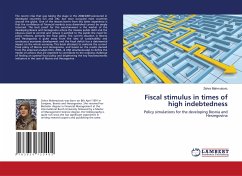Since the early 2000s, sub-Saharan Africa seems to have returned to economic growth, putting paid to a certain idea of Afro-pessimism. In reality, however, this upturn is only benefiting a tiny proportion of the population, who are generally well-to-do and recluse themselves in the posh districts of major cities. From Abidjan to Kinshasa, the refrain "you can't eat growth" has become a catchphrase in the mouth of the average citizen. Day after day, the gap widens between rich and poor, top and bottom, political elite and civil society. And where does the World Bank fit into all this? It would be unfair and all too easy to blame it entirely for the persistence of inequalities and repeated socio-political crises, at the risk of forgetting that development is first and foremost a matter for Africans themselves. This book sheds new light on the complexity of the fight against poverty in Africa, in a context of institutional instability, with the case of Côte d'Ivoire between 2002 and2010 cited as an example.








